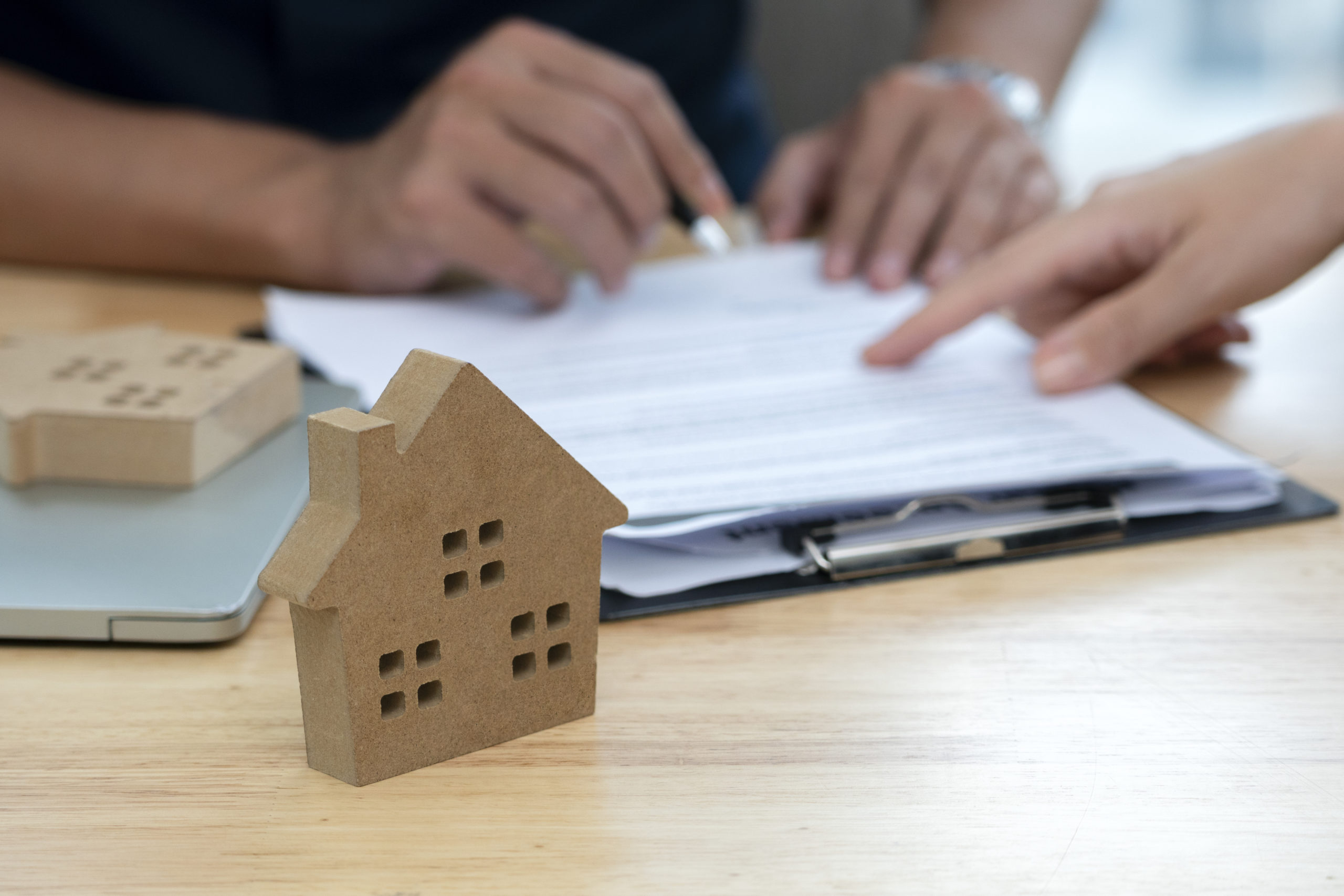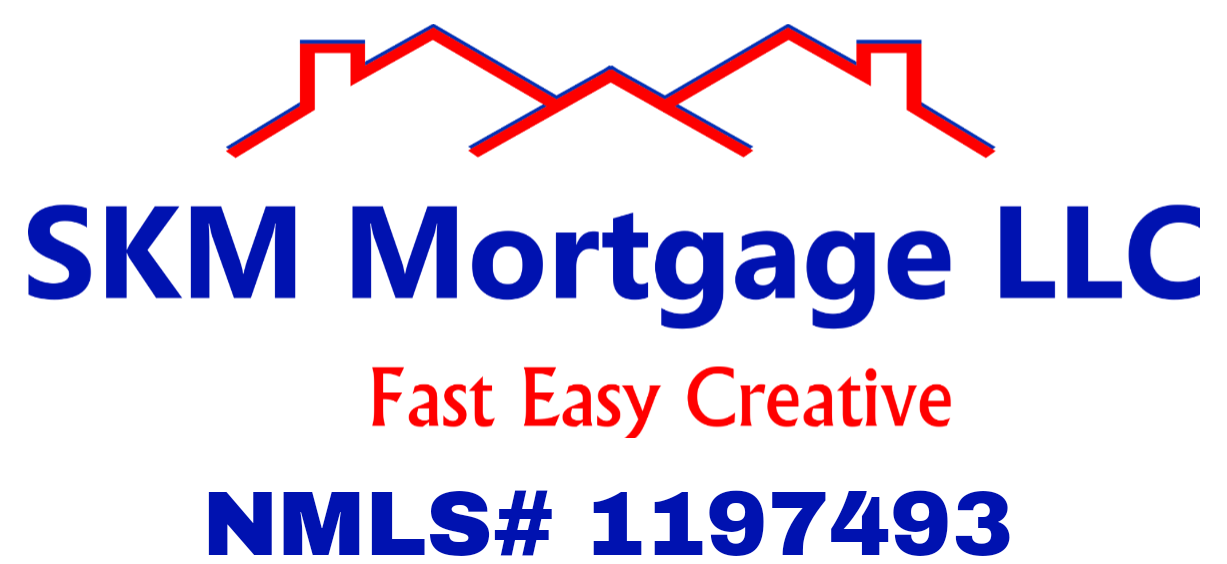Reverse Mortgage

Reverse Mortgage
A reverse mortgage lets you tap into the equity of your home, but includes ongoing responsibilities to maintain the property and pay expenses like taxes and insurance. If you’re age 62 or older, you can receive money from your mortgage company by borrowing against the value of your home through a reverse mortgage. The payments you receive along with accrued interest and other charges increase the loan’s balance and decrease your equity in the property. Most reverse mortgages are insured by the Federal Housing Administration (FHA), as part of its Home Equity Conversion Mortgage (HECM) program. As long as you live in the home as your primary residence, maintain the home, and pay homeowner’s insurance, property taxes, and homeowner’s (sometimes referred to as “HOA” fees) and/or condo association dues (if applicable), the loan does not have to be repaid. If the property is sold or the last surviving borrower no longer occupies the property or passes away, the loan becomes due and payable. Usually, the home is sold to repay the loan and, if FHA-insured, FHA pays for amounts not fully covered by the sale proceeds.


